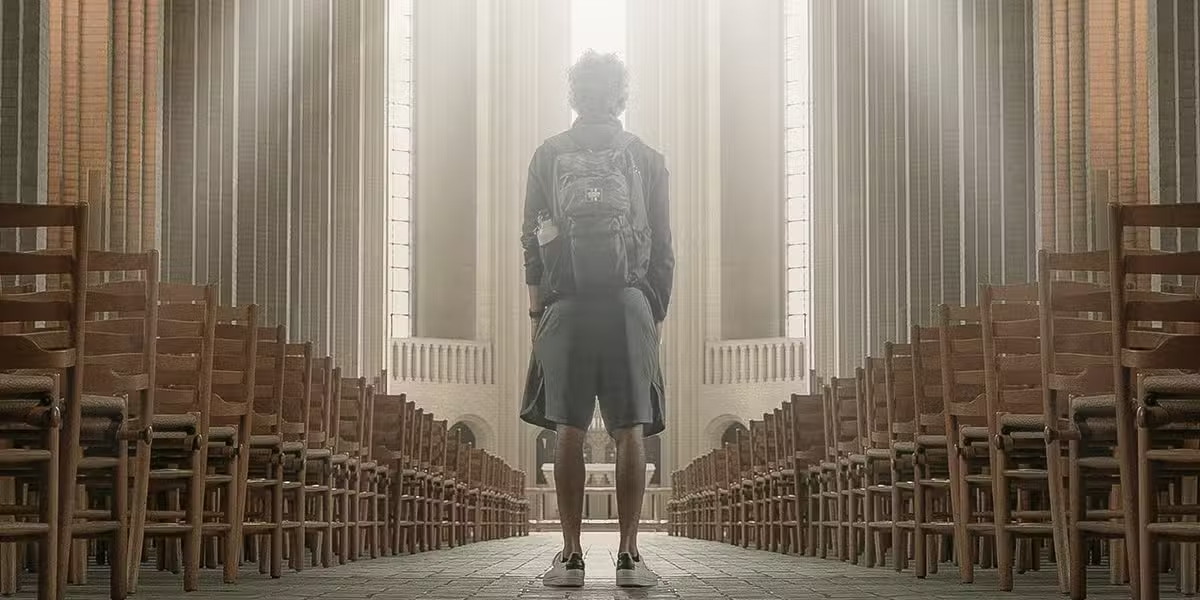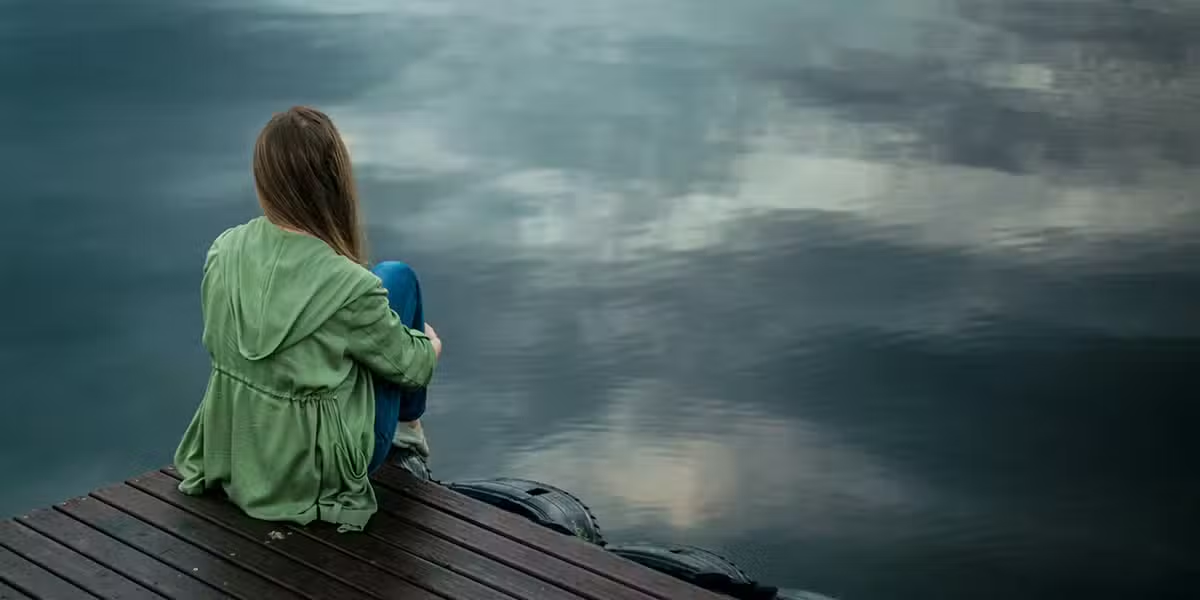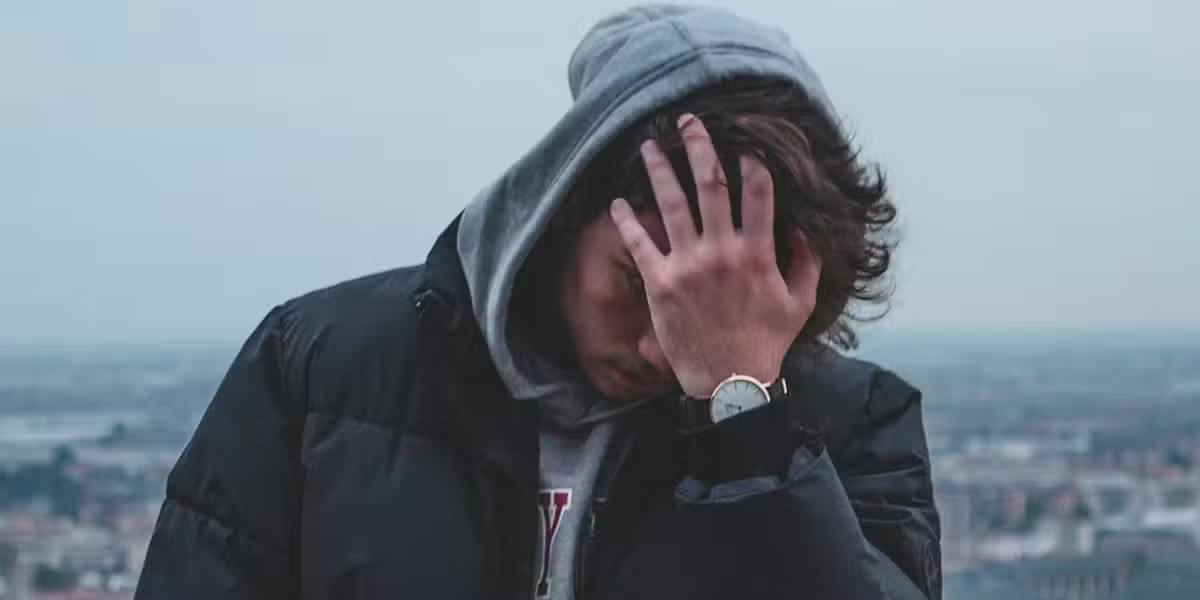One of the most popular stories from when I was growing up is the one about how I tried to convince my Sunday school class that my dad was a hunter—a rat hunter. I was about 4 at the time. The story seemed a reasonable response to my classmate who had boasted of her dad being a successful hunter. Well, I was not going to have my dad outdone. So, I proudly told the class that my dad hunted rats and that I had one as a pet in a cage under my bed. When my parents picked me up after Mass, the jig was up. The teacher told them what I’d said.
I was a creative child with an active imagination, as people would often say. I could weave a story out of anything and find ways to put myself into those stories. For instance, the backs of the couches in our basement became horses that I rode on adventures. Or I would sit in the parked car in our driveway and pretend to drive to various places near and far. (I’m a member of Gen X, and a lot of the things we did growing up weren’t exactly safe.)
When I was younger, people thought my creativity was cute. As I grew up, it started to become a liability. When people said I had a great imagination, suddenly it didn’t seem to be a compliment.
A Lost Art
I thought about that old story the other day when I was cleaning out a storage closet in our basement. I came across the totes that contain each of my kid’s memorabilia. I started going through them and found items ranging from kindergarten through high school graduation.
The artwork from their younger years was colorful and creative. Drawings of various creatures and scenes splashed across the paper. I noticed that over the years, though, the art became more subdued—less color, less creative expressions. It was as if I could watch them stifle their creativity to fit in and not stand out.
Unfortunately, I think that’s true for a lot of us. We grow up, gain responsibilities, and lose track of our creative side. Taking time to be creative is seen as unproductive and a waste of valuable time that could be spent on something else. But what we fail to realize is that creativity is not all about coloring and playing, though those things would do all of us a lot of good right now.
The Mother of All Inventions
What we fail to realize is that creativity is at the heart of everything. At some point, someone had an idea that people might have thought seemed crazy—until they didn’t. We are surrounded by creativity in the words we read, the songs we sing, the different foods we eat. Each is the result of someone’s creativity.
For instance, what if Donato Bramante hadn’t come up with the plans for the Basilica of St. Peter in the Vatican? And what would we do if Sergey Brin and Larry Page hadn’t come up with the idea of the Google search engine? And none of it would have happened if God hadn’t started it all with creation. So, call it what you want—imagination, creativity, ingenuity—but I think it could do us all well to reclaim it.

Sidebar: Creatively Building God’s Kingdom
“The most regretful people on Earth are those who felt the call to creative work, who felt their own creative power restive and uprising, and gave to it neither power nor time,” the poet Mary Oliver once wrote. Yet, as Susan points out on the previous page, creativity often takes a back seat to productivity, and we can lose touch with an outlet that once brought joy and healing into our lives. It’s a slippery slope toward a form of atrophy where our perception of the beauty of the world around us is slowly dulled. Fortunately, creativity, once tapped into, can have the opposite effect and spur on new ideas and ways of looking at the world.
St. Francis of Assisi, whose feast we celebrate this month, was a deeply creative person. Beyond the direct connection to artistic expression found in Francis’ “Canticle of the Creatures,” Francis was adept at thinking outside of the box. He had the ability to look around and see not a swamp in the valley below Assisi, but a sort of mini kingdom of God where he was called to serve. Francis’ creative mind allowed him the flexibility to see the lepers cast out of society as children of God, to understand that the growing Franciscan Order would only benefit from engaging with the laity, and to integrate ecology and spirituality so seamlessly.
The world needs this kind of imagination more than ever if we’re going to address major issues today, such as climate change, entrenched political divisions, and war. In a sense, the revolution of peace brought to us by Christ and reimagined throughout time by holy people such as Sts. Augustine, Francis of Assisi, and Teresa of Calcutta is now in our hands to continue.
To face the problems of our world today will take a collective effort and ingenuity, and not only in areas like health care or technology. The Church, for instance, must be innovative in how it reaches out to young people, divorced and remarried Catholics, and those in the LGBTQ+ community if it wants to retain members from these groups in the pews.
Pope Francis, it seems, has taken note. In his apostolic exhortation Evangelii Gaudium, the pope writes: “Jesus can also break through the dull categories with which we would enclose him, and he constantly amazes us by his divine creativity. Whenever we make the effort to return to the source and to recover the original freshness of the Gospel, new avenues arise, new paths of creativity open up, with different forms of expression, more eloquent signs and words with new meaning for today’s world” (11). To circle back on Mary
Oliver’s words, may we find the time to dig deep into our individual and collective creative wells, reclaim the power of imagination, and continue the revolution of peace. —Daniel Imwalle








